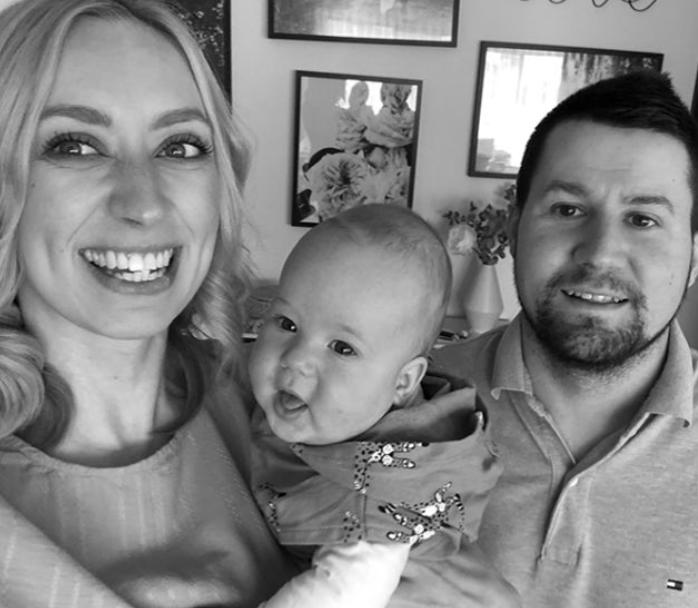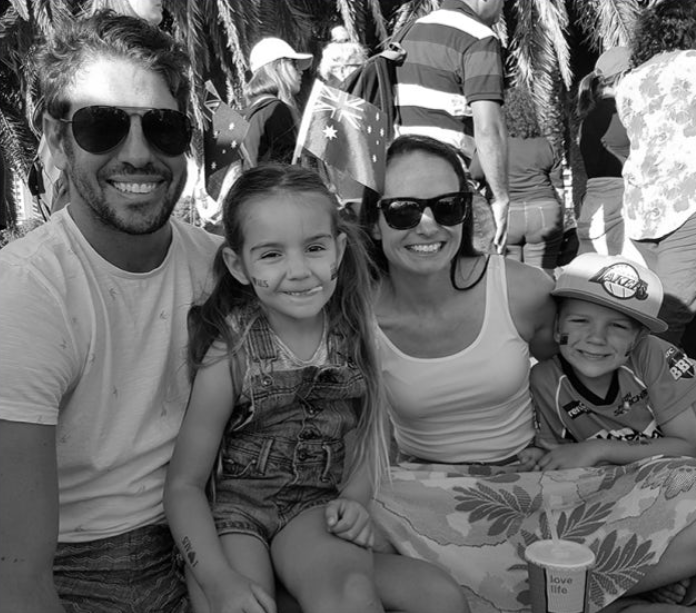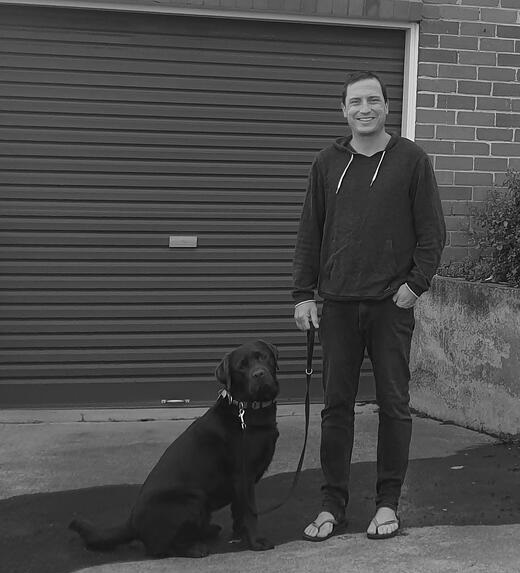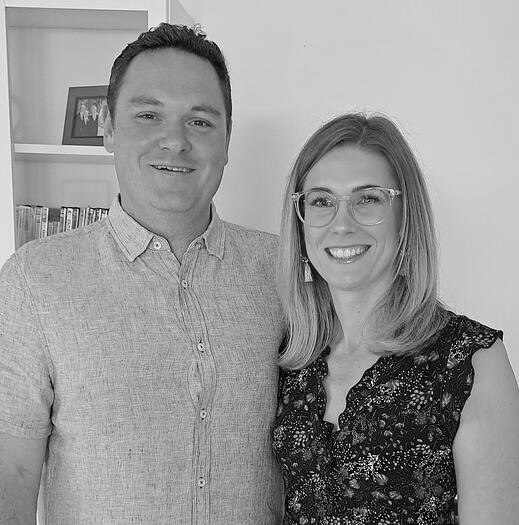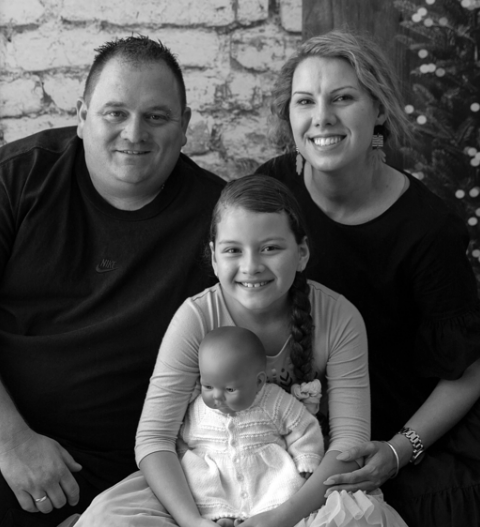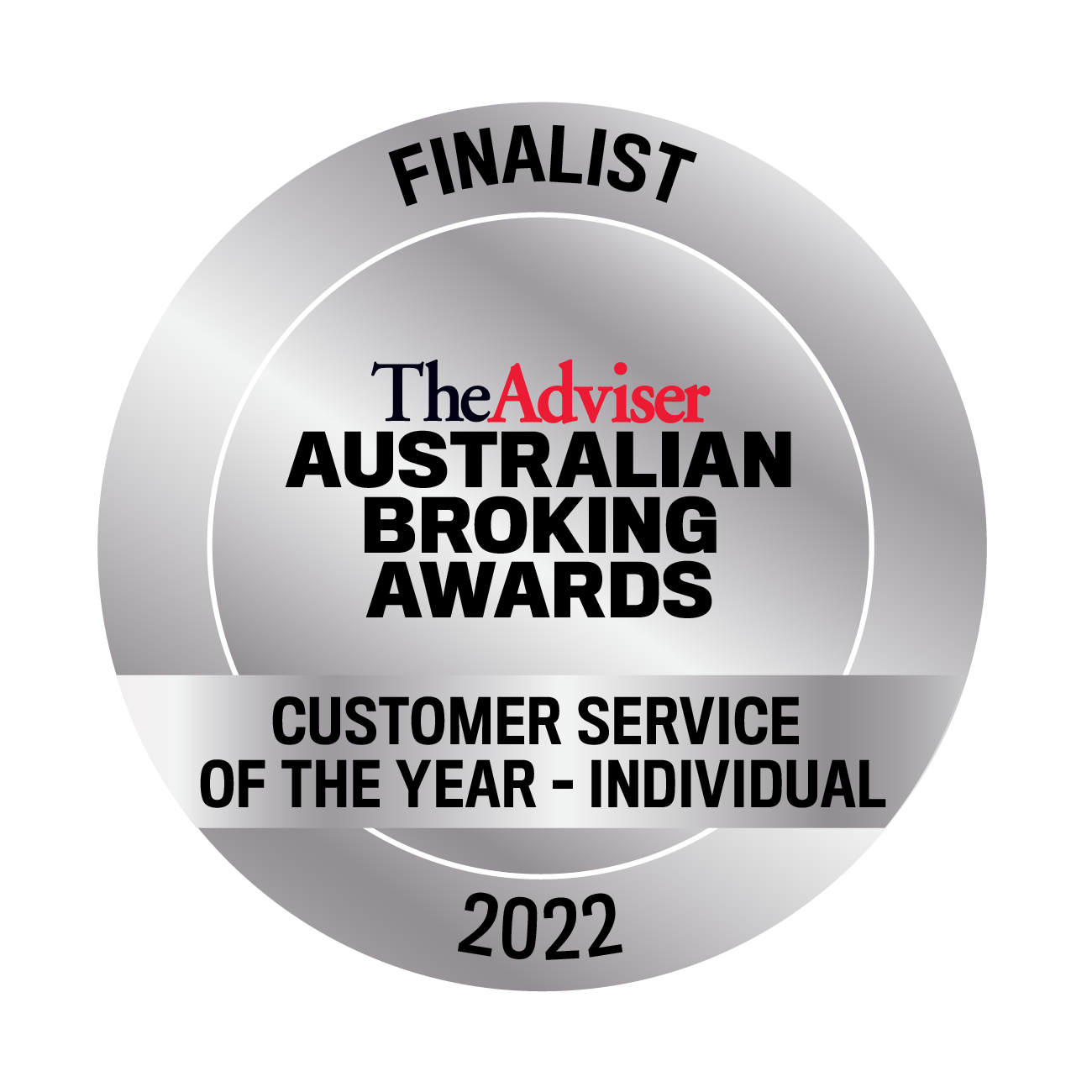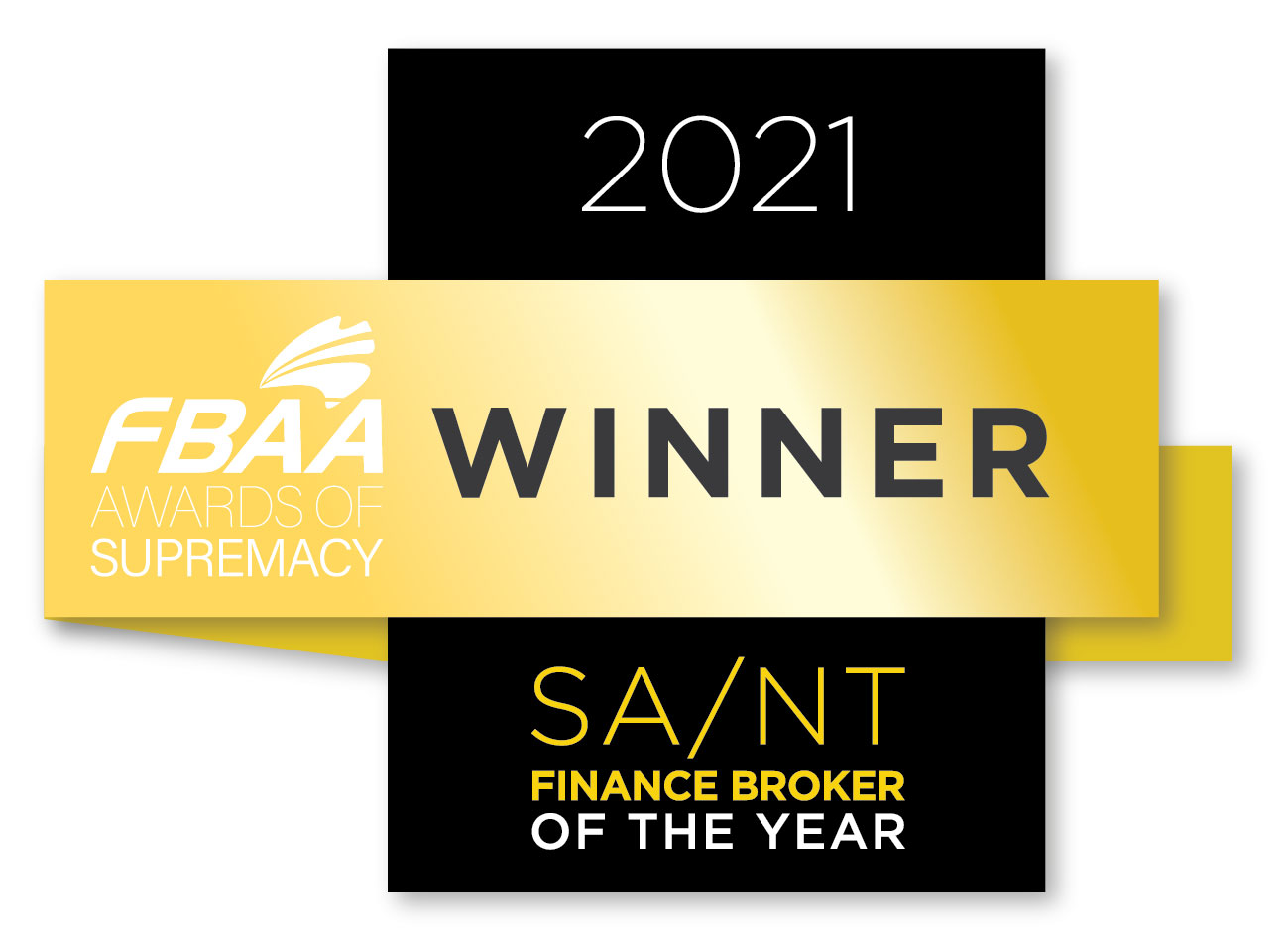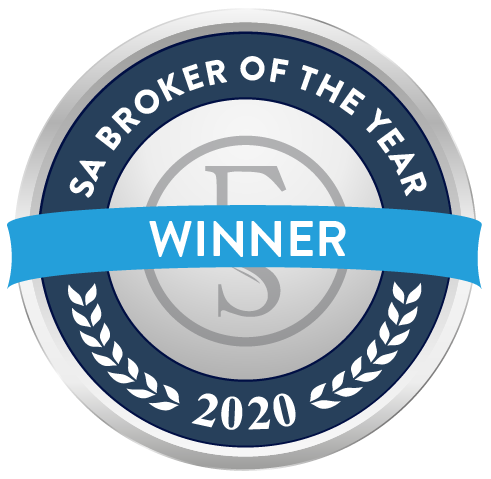You may be surprised to know that you’re well ahead of the curve when it comes to your finances. You’re on the right home loan and debt reduction structure, you have been working hard to build up emergency funds, and you’re making on average 3x the progress of every other Australian on a 30-year home loan. You’re also saving 300% more than the average Australian. You should be pleased with the financial stability you’ve created for yourself and your family!
As you know, money is becoming more expensive, and cash is becoming king. This means it’s essential to start looking at the downside risks of rising interest rates.
Banks are lending less money, and as rates continue to increase, it reduces everyone’s borrowing capacity. We’re returning to the old normal, where interest rates are getting back to their average of 7%. When money is a lot more expensive, the best place for your money is in your home loan, which will offer you the best and lowest-risk return (interest saved is interest made!).
The Reserve Bank is focused on crushing inflation back to the 3% target. Currently, inflation is closer to 7%, so they will continue to actively increase your interest rates (probably 3 more times), resulting in extreme cash flow issues for a lot of people who took out large home loans over the past few years. Many Australians won’t be able to afford to continue paying the mortgage due to their rising costs of living, such as electricity, food, petrol, and gas.
Once these rate rises filter through into the economy, you’ll find that the prices of property, commercial property, and shares in your super fund will be affected negatively. If you are looking to sell a property, you will get more for that property now than you will in 1 or 2 years’ time.
Households are carrying record levels of debt at the moment, and with these rate rises, it will most likely force the economy into a recession. We don’t see rates reducing very quickly in the near future. If and when the Reserve Bank decides to start cutting rates again, they will be slow, eager to avoid the overstimulation that they created in property markets over the last few years with their low-rate environments.
There will be companies that don’t have sufficient profits to pay the interest on their debts, leading to job losses, higher unemployment, and low wage growth. Unfortunately, this damage will all be in the name of trying to get inflation back under control.
This time around the Reserve Bank of Australia will not drop rates quickly enough to save the day. We should not expect to see the post-GFC & post-COVID boom in asset prices once this correction has passed.
Interest rates are going to remain high and stay high because of inflationary pressures. Cash is king right now, and you want to be accumulating as much of a buffer / emergency fund / redraw as possible.
But you’re in a great position! As everyone’s cash flow situation continues to tighten, the smartest thing to do is to “invest in your debt”. That means banking and keeping as much of your money in your mortgage, so it’s working for you and earning/saving you interest every day. It’s time to call things tight, batten down the hatches, and make sure you have an emergency fund/redraw in place because things are going to get tighter for the rest of this year.
We hope this information helps you prepare for the future and make sound financial decisions. As always, we are here to help guide you and support you every step of the way.
